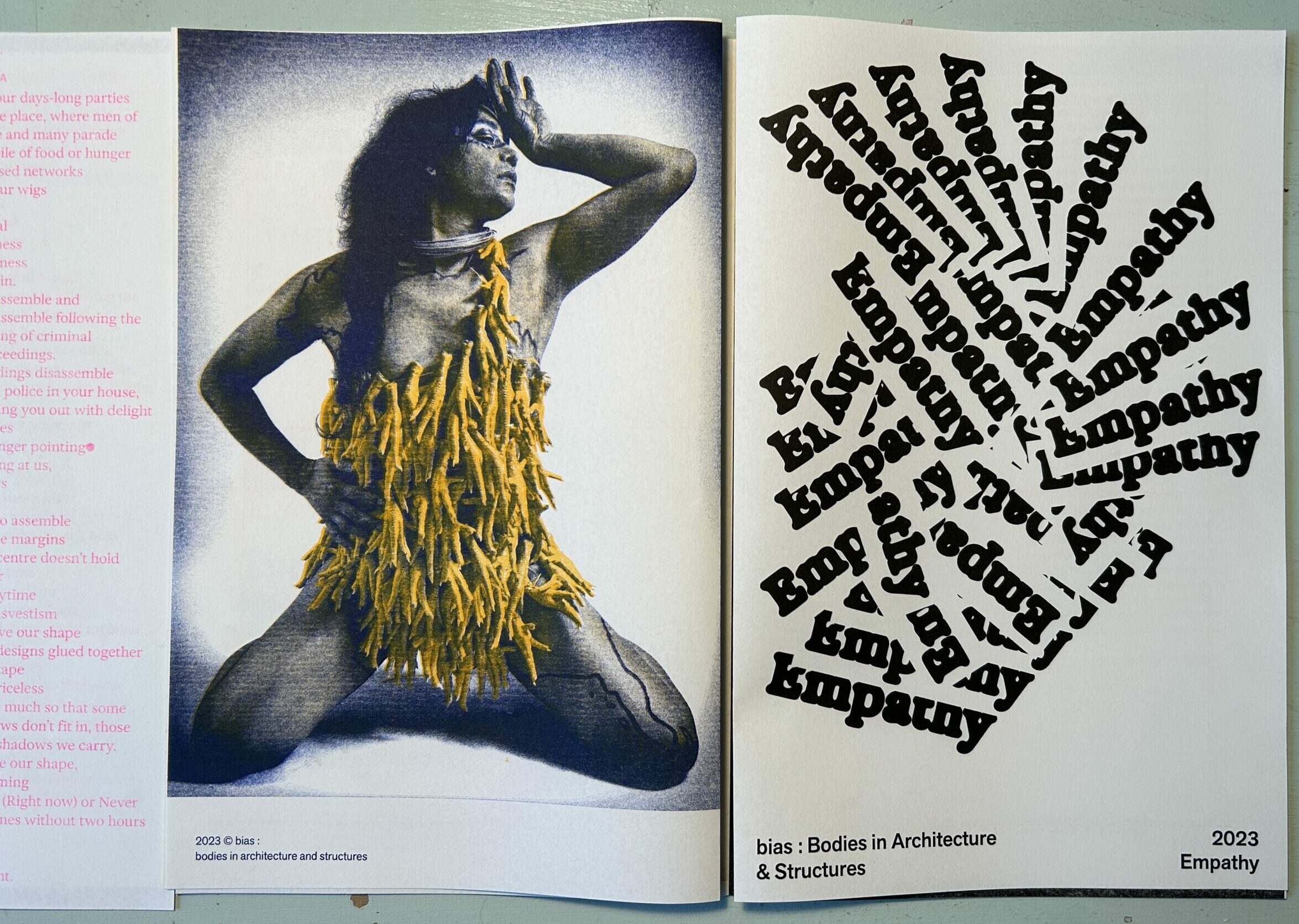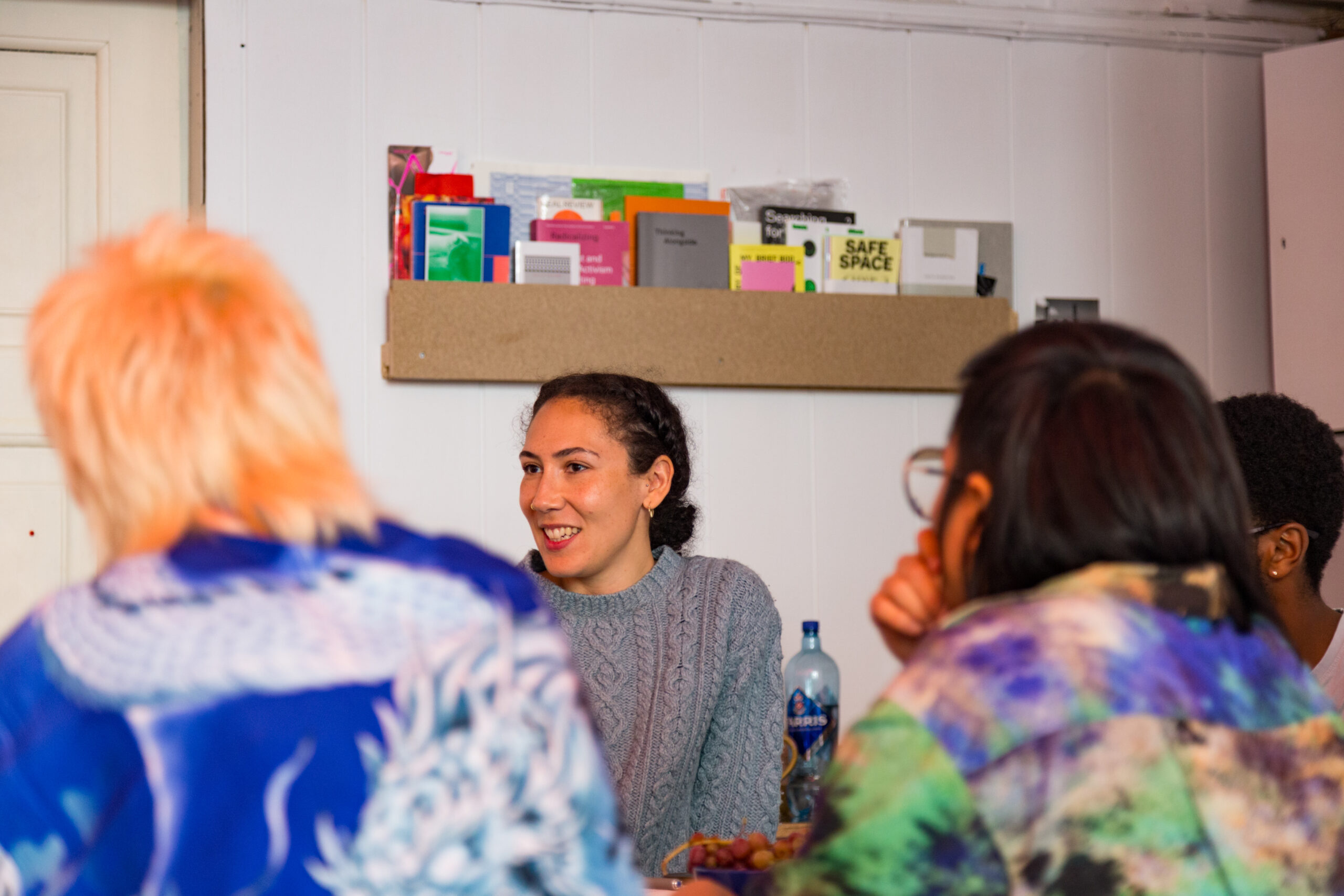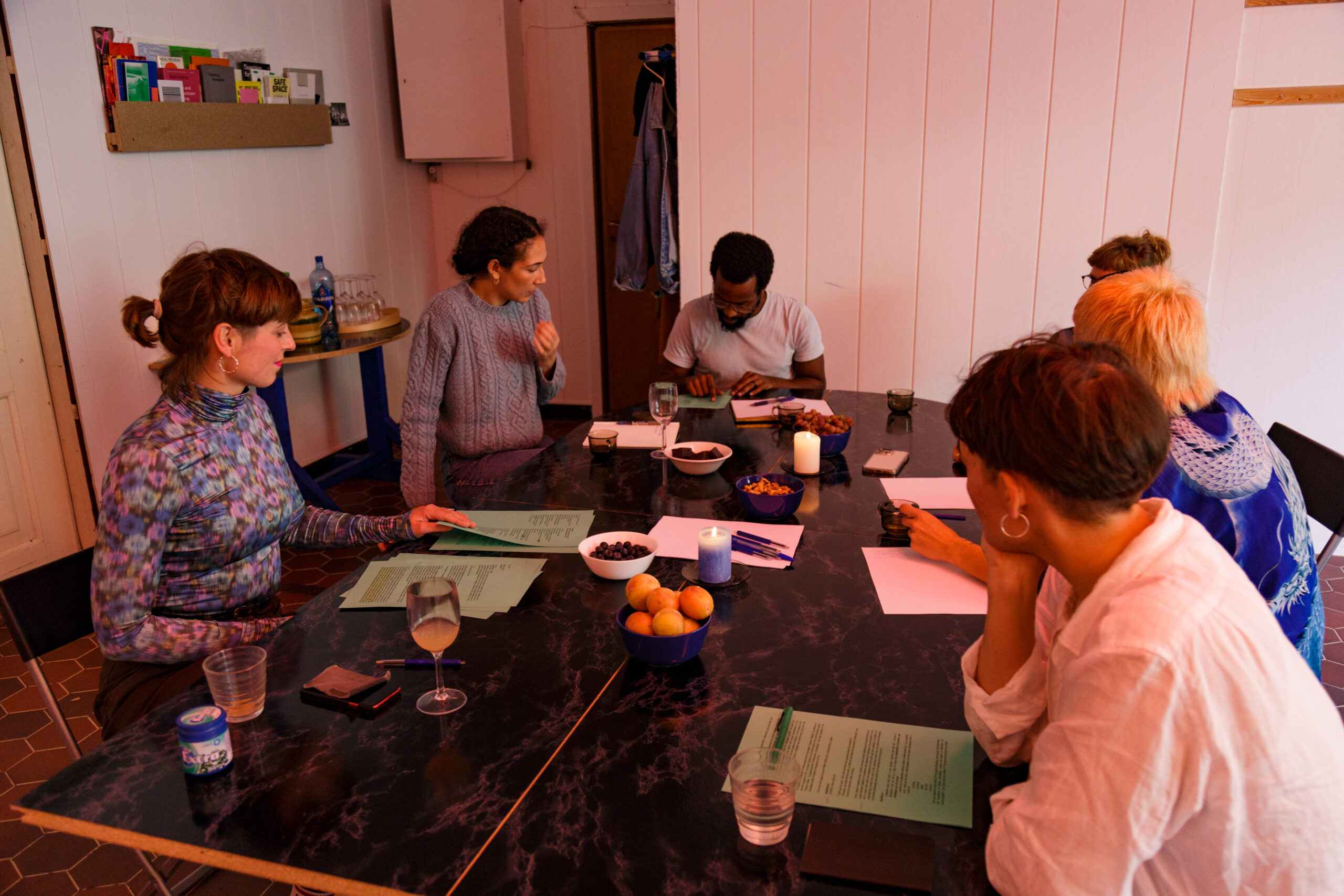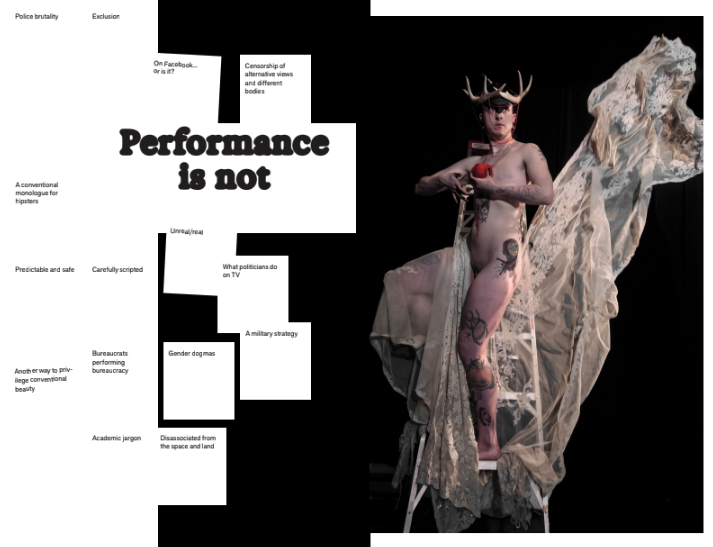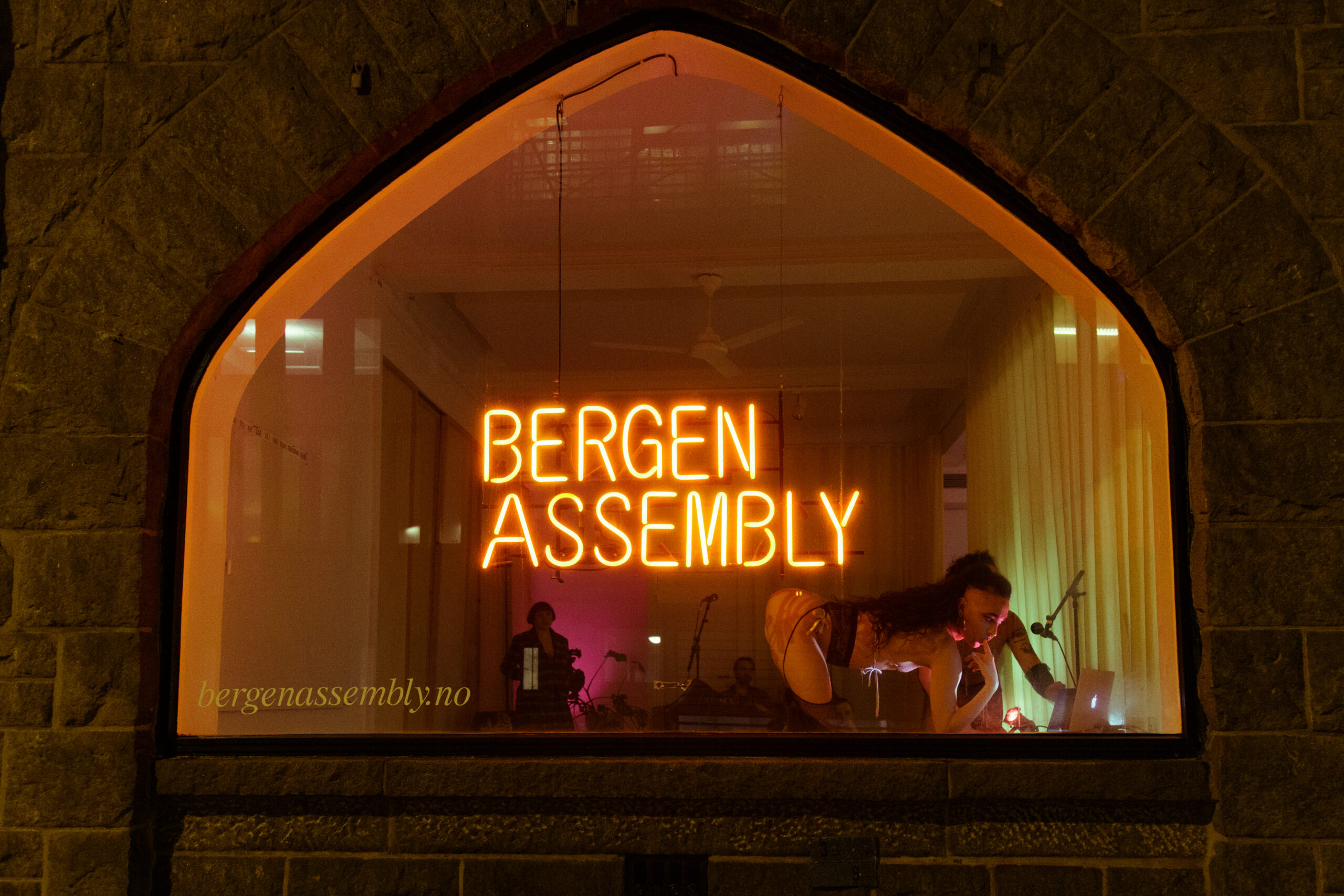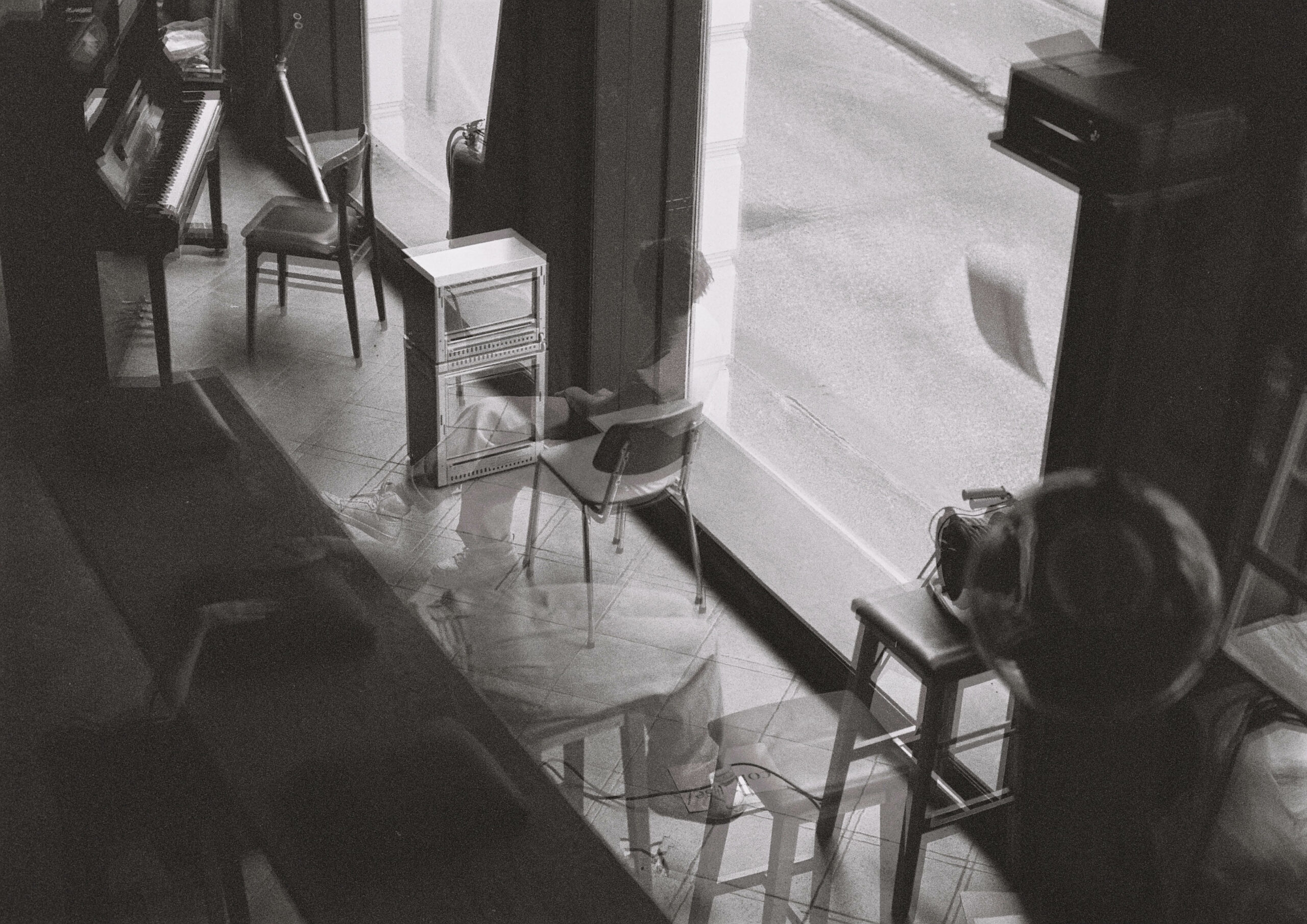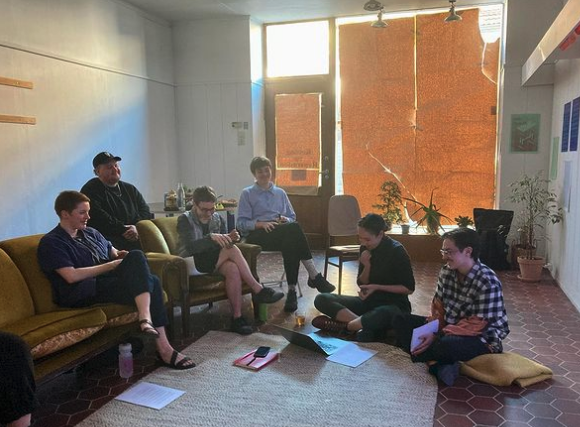EMPATHY critically explores the dissident, political, and activist potential of pleasure from the fields of architecture, performance, law, art, and activism.
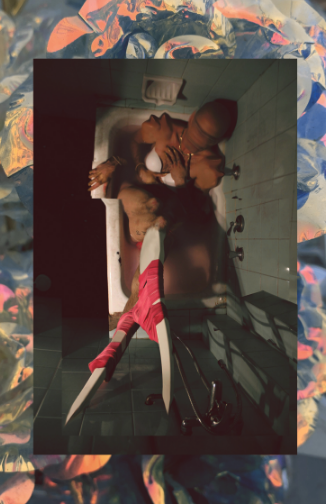
Empathy
Empathy is the ability to understand and share the feelings of an/other. It is an emotional and cognitive reaction, ability and some might even say intelligence.
While it’s associated with understanding, sensitivity, awareness, kindness, and generosity, we wanted to look deeper. What is empathy? How is it performed and within which structures? To which bodies do we direct ourselves in the search for empathy? From whom do we expect it? What does it mean to have the capacity for empathetic reactions, and when might it not be a welcome response?
We invited eight contributors to compose an assemblage of thoughts on how empathy is enacted, restricted, supported, expected, performed, defined or denied within architecture and our social patterns.
bias (bodies in architecture and structures)
Issue 1: EMPATHY
Contributors
Alexandrina Hemsley, Carol Stampone, Clio Nicastro, Danja Burchard, Maike Statz, Naomi Credé, ROMA ROMA, Saúl García-López, aka La Saula (La Pocha Nostra), Soft Agency, Staci Bu Shea
Editors: Maike Statz, Danja Burchard, Francesca Scapinello
Design: Vera Gomes
Proofread: Liam Foley
Staci Bu Shea is curator, writer, caregiver and death companion. Their interest in holistic death care is now influencing their reflections on art and collective care practice both in architectural space, but also within our social constructs. Their long-term, transdisciplinary project Dying Livingly looks at the architecture and communal life of hospice and highlights emergent cultures of end of life care. From 2017 to 2022, they were curator at Casco Art Institute: Working for the Commons (Utrecht, The Netherlands) and oversaw its exhibition program, archive and accessibility.
Naomi Credé is an artist and writer whose research revolves around experiences and understandings of bodily control in relation to real and fictional spaces, particularly in response to sensations such as dizziness, disorientation and exhaustion. She works primarily with sound and text—using voice as both a medium and a focal point of her research—resulting in immersive installations, radio broadcasts, writing, performances and readings. Naomi is a co-founder of Amsterdam based collective Fabulous Future.
Saúl García-López, aka La Saula is a postnational performance artist, scholar, and artivist. La Saula is a Professor in Performance at the Norwegian Theatre Academy, and co-artistic director of La Pocha Nostra. He is dedicated to exposing, dislocating and challenging assumptions of embodiment, gender, identity and representation within an intercultural and trans-cultural context. His research interest reaches acting, directing and performance art theory and pedagogy including indigenous approaches from the Americas, the embodiment of gender, ethnicity, national identity, stereotypes and representation, indigeneity, post-coloniality and decolonial theory. He has toured around the world with LPN and has co-written with Gómez-Peña, a new pedagogical book La Pocha Nostra: A handbook for the rebel artist in a post-democratic society (Routledge, 2020).
La Pocha Nostra: Founded in 1993 in Los Angeles, La Pocha Nostra is a transdisciplinary arts organisation that provides a support network and forum for artists of various disciplines, generations, gender complexities and ethnic backgrounds. La Pocha is devoted to erasing the borders between art and politics, art practice and theory, artist and spectator. For 25+ years, LPN has intensely focused on the notion of collaboration across national borders, race, gender and generations as an act of radical citizen diplomacy and as a means to create “ephemeral communities” of rebel artists. La Pocha Nostra’s performance work mixes experimental aesthetics, activist politics, Spanglish humour and audience participation to create a ‘total experience’ for both live and online audience member/reader/viewer. Continually developing multi-centric narratives and large-scale performance projects from a border perspective, La Pocha Nostra creates what critics have termed “Chicano cyber-punk performances,” and “ethno-techno art.” In the work, cultural borders have moved to the centre while the alleged mainstream is pushed to the margins and treated as exotic and unfamiliar, placing the audience members and readers in the position of “foreigners” or “minorities.”
Alexandrina Hemsley’s creative practice lands in the fluid spaces of dance, choreography, writing, facilitating and advocacy. In 2020, Alexandrina founded Yewande 103 out of a commitment to work across dance and healthcare spaces to create tender, compassionate encounters with creativity. Alexandrina/Yewande 103’s form of embodied activism is responsive and adaptable rather than resting in specific genres; the breadth of their practice sees them invested as much in discourse and organisational structures as choreographic or aesthetic enquiries.
Clio Nicastro
Clio Nicastro is currently a VolkswagenStiftung Fellow at ICI Berlin and teaches at Bard College Berlin. She studied philosophy at the University of Palermo (Italy), where she completed her PhD in aesthetics and theory of art. In 2015 she moved to Berlin on a DAAD postdoctoral fellowship, working on the German filmmaker Harun Farocki. From 2016 to 2018 she was a postdoctoral fellow at the ICI Berlin where she founded the series of conferences, lectures, and screenings ‘In Front of the Factory’ with Saima Akhtar and Rosa Barotsi. From 2018 she has been co-curating, together with Hannah Proctor and Nadine Hartmann, the event series Spellbound (Diffrakt, Berlin). She is the author of La Dialettica del Denkraum in Aby Warburg (Palermo University Press, 2022) as well as the co-editor with Cristina Baldacci and Arianna Sforzini of the volume Over and Over and Over again. Reenactment Strategies in Contemporary Arts and Theory (ICI Berlin Press, 2022). Since 2022 she is a member of the board of directors of the Harun Farocki Institut.
ROMA ROMA is an Argentinian visual artist based in Barcelona. She has taught in different art institutions, and works actively in the social field and with different political organisations as an activist. Body, monstrosity and gender are the main topics of her work, expressed as drawings, editorial design, scenography and art direction. In Barcelona, she currently researches about the lives of transvestites and squats in order to create an archive about the trans resistance in the city.
Soft Agency
Soft Agency is a diasporic group of female architects, artists, curators, scholars and writers working with spatial practices. The agency’s work is rooted in feminist methodologies, practices and formats, in the intersection of critical spatial practice, radical pedagogies, collectivities of becoming otherwise and alternative modes of participation. Through the creation of spaces, workshops, events, exhibitions, publications and public programs, Soft Agency seeks to disrupt and re-imagine the lively entanglements through which civic life is organised, rethinking economy, political relationships and social bonds. Soft Agency is Teresa Dillon, Gilly Karjevsky, Valentina Karga, Ana Filipovic, Fiona Shipwright and Rosario Talevi.
Carol Stampone
Carol Stampone (1983 Brazil) is an interdisciplinary artist based in Bergen, NO. Her creative ground is an intersection between philosophy, writing, performance, storytelling, and mediation. She has a Bachelor’s and a Master’s in Philosophy (UNICAMP- UiB) and training as an actress (TEUC). She is a mother and a foreigner researching how our sites of speech condition our existence and relations. Currently, her projects are about motherhood, gender, race, refugeehood, desire, and sustainability.
Maike Statz is an artist and spatial designer educated in Amsterdam and Sydney, now living in Bergen, Norway. Through her work Maike is engaged in the influence of architecture on individuals and society, focusing on the relationship between gender, sexuality and space. Working with writing, performance and installation she makes use of architectural tools and methodologies, questioning how history is embedded in our various architectures and what power dynamics are at play. Focusing on specific interior elements, such as furniture and textiles, Maike reflects on their philosophical and practical meanings as well as processes of production. In 2022 Maike co-founded NOGOODS, a moving project and studio space between art, architecture and performance in Bergen and bias: bodies in architecture and structures, a cross-disciplinary cultural magazine, with Danja Burchard.
Vera Gomes is a visual artist and designer based in Bergen, Norway. The starting point of her artistic practice is investigatory, the main engine is to collect and connect. Through image, concept and language, the results are mostly but not limited to the production of prints, fanzines and paper ephemera. While exercising states of representation, the intentions are essentially poetic.
Architecture of Identity
Saturday 1.10.22 14:00
A collective manifesto writing workshop hosted virtually by ROMA ROMA and La Saula
“nos pensamos monstras, nos construimos bichas”
Roma Murúa Trincado, an interdisciplinary artist and dissident from Barcelona/Argentina, presents her “Manifesto” followed by a conversation challenging the understanding of the political subject “transvestite” across our diverse cultural backgrounds, while guiding us through her practice engaging with art, gender dissidence and activism in Barcelona.
“Manifesting: Performative writing strategies”.
La Saula will then lead us through the writing workshop
We will use Pocha Nostra’s writing strategies to explore some performative tools to write an artivist collective manifesto. The idea is to re-vindicate the importance of poetry and text based knowledge as a tool to declare new territories of performance and positionality. The intent is to set the bases for a collective manifesto formed by including a diverse set of knowledge, disciplines, ages, genders, and ethnicities. Radical listening in a new community will be our entry point to performative writing and the results will give voice to what is most urgent to a given community.
Saúl García-López, aka La Saula (La Pocha Nostra) is a postnational performance artist, scholar, and artivist. La Saula is a Professor in Performance at the Norwegian Theatre Academy, and co-artistic director of La Pocha Nostra. He is dedicated to exposing, dislocating and challenging assumptions of embodiment, gender, identity and representation within an intercultural and trans-cultural context.
His research interest reaches acting, directing and performance art theory and pedagogy including indigenous approaches from the Americas, the embodiment of gender, ethnicity, national identity, stereotypes and representation indigeneity, post-coloniality and decolonial theory. He has toured around the world with LPN and has co-written with Gómez-Peña, a new pedagogical book La Pocha Nostra: A handbook for the rebel artist in a post-democratic society (Routledge, 2020).Roma Roma
ROMA ROMA is an Argentinian visual artist based in Barcelona. She has taught in different art institutions, and works actively in the social field and with different political organisations as an activist. Body, monstrosity and gender are the main topics of her work, expressed as drawings, editorial design, scenography and art direction. In Barcelona, she currently researches about the lives of transvestites and squats in order to create an archive about the trans resistance in the city.
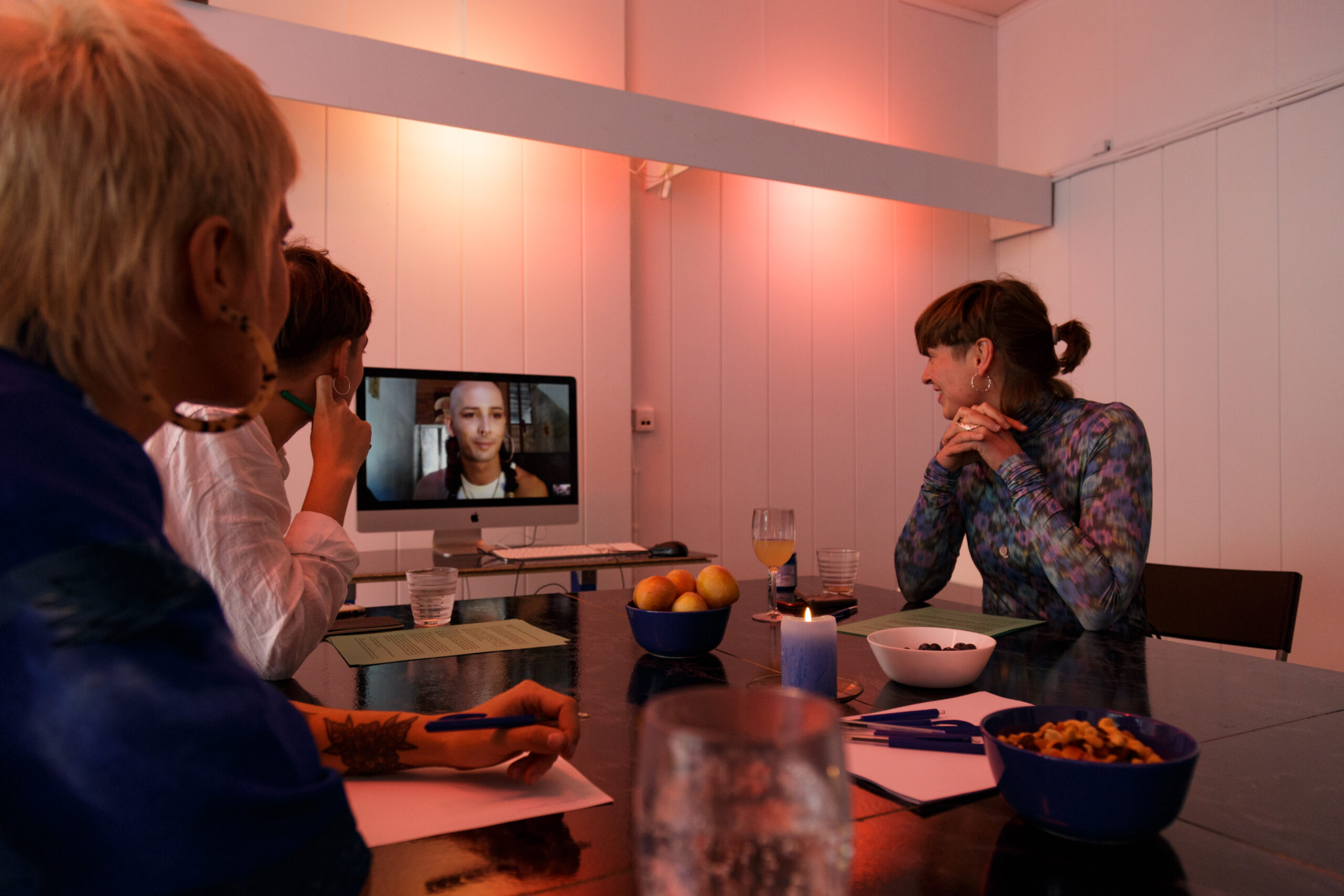
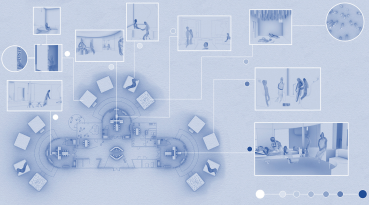
Spaces of Care
Saturday 23.10.22
A Reading and Conversation with Staci Bu Shea.
Over the past years, empathy and care practices have gained not only attention, but are elements demanded by creative, social and political movements. What speculative approaches can we think of in order to envision an environment capable of acknowledging the different needs of different bodies? How can we embed notions of care into the construction of our shared spaces; architectural, political and social?
Together with Staci Bu Shea we warmly invite you to an open conversation about practices of care, of protection and the different strategies these artists developed in order to open up new imaginaries. Staci will share their text ‘Grace’s Hospice From the Near Future’ that will be published in ‘bias issue 1: EMPATHY.
Staci Bu Shea is curator, writer, caregiver and death companion. Their interest in holistic death care is now influencing their reflections on art and collective care practice both in architectural space, but also within our social constructs. Their long-term, transdisciplinary project Dying Livingly looks at the architecture and communal life of hospice and highlights emergent cultures of end of life care. From 2017 to 2022, they were curator at Casco Art Institute: Working for the Common.
EMPATHY: Negotiating Togetherness
Tuesday15.11.22
at “Tivoli” Det Akademiske Kvarter
Film Screening of How to live in the FRG (1990) by Harun Farocki in collaboration with the Harun Farocki Institut, Berlin and Bergen Filmklubb
As part of our Empathy Series, we are collaborating with the Harun Farocki Institute in Berlin to screen ‘How to live in the FRG’ by Harun Farocki. The screening is hosted together with Bergen Filmklubb and will be accompanied by an introduction based on Clio Nicastro’s text ‘The Two Way Trajectory of Empathy’ and close with a shared discussion.
‘How to live in the FRG’ by Harun Farocki *FRG stands for the Federal Republic Germany
The author assembles a genre picture of the contemporary FRG with shots of scenes where life is rehearsed, ability/durability is tested. Wherever one looks, people appear as actors playing themselves; they take on roles. A play in the theater of life made up of training courses, fitness tests for things and people. Be it in birth preparation classes for expectant parents or in practice runs for sales talks, on the military training ground or during role-plays for educational purposes. Everywhere the incessant effort to be prepared for the emergency of “reality” can be felt. Harun Farocki Institut, Berlin
